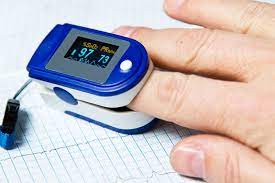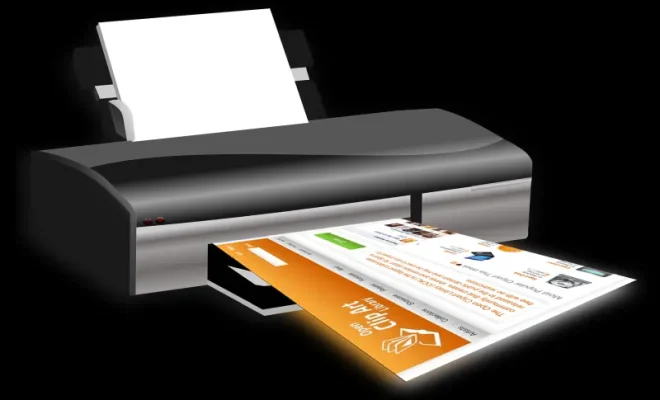What Is SpO2 Measurement and Why Is It Important?

In recent years, the measurement of blood oxygen saturation (SpO2) has become increasingly important in healthcare. SpO2 is the measurement of the percentage of oxygen-saturated hemoglobin in the blood, which is critical for ensuring proper organ function and overall health.
Measuring SpO2 is typically done using a pulse oximeter, a non-invasive device that is placed on a patient’s fingertip or earlobe. The pulse oximeter sends two wavelengths of light through the patient’s skin and measures the amount of light absorbed by oxygenated and deoxygenated hemoglobin. This data is then used to calculate the SpO2 level, which is displayed on the device’s screen.
One of the most significant benefits of SpO2 measurement is that it enables doctors and healthcare professionals to quickly assess a patient’s oxygen levels. Low SpO2 levels can be a sign of respiratory distress or other serious medical conditions, such as pneumonia, asthma, or chronic obstructive pulmonary disease (COPD).
In addition, SpO2 measurement can be especially important for patients with chronic respiratory conditions, such as sleep apnea or COPD, who may require continuous monitoring of their oxygen levels. It can also be useful for athletes or individuals undergoing altitude training, where high-altitude environments can lead to decreased oxygen levels and potentially dangerous health consequences.
Another important benefit of SpO2 measurement is its role in diagnosing and treating COVID-19, the respiratory illness caused by the novel coronavirus. In COVID-19 patients, SpO2 levels can drop rapidly, leading to difficulty breathing and potentially life-threatening complications. Measuring SpO2 levels is crucial for monitoring COVID-19 patients and ensuring timely interventions when necessary.
In summary, SpO2 measurement is an essential tool in healthcare for monitoring oxygen levels and assessing patients’ respiratory function. Its use can lead to early detection and treatment of conditions that can affect oxygen levels, ensuring timely and appropriate care for patients. As technology continues to advance, SpO2 measurement is likely to become an even more integral part of healthcare, helping to save lives and improve health outcomes for patients around the world.






